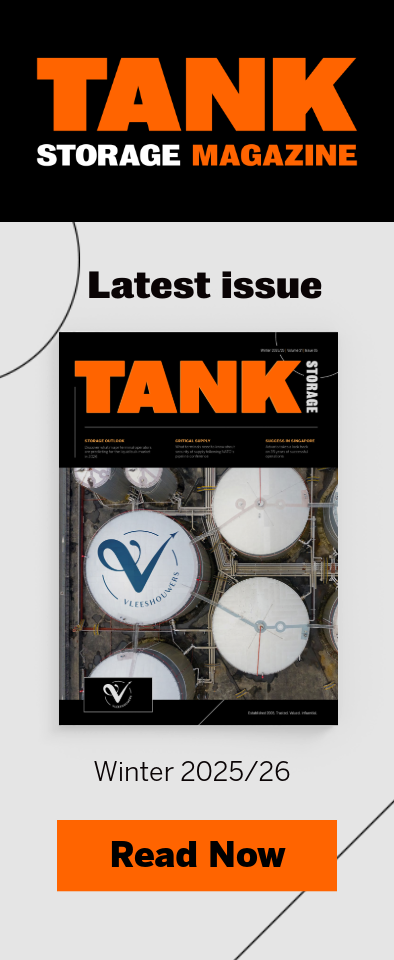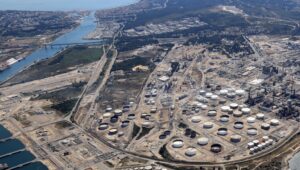Enilive has announced the commissioning of its first plant to produce sustainable aviation fuel (SAF) at the Gela biorefinery, in Sicily.
Production has started at the plant, which has a capacity of 400,000 tonnes per year, representing almost a third of the expected European SAF demand in 2025, following the implementation of the ReFuelEU Aviation regulation. Regulation (EU) 2023/2405 requires aviation fuel providers to ensure that jet fuel supplied to aircraft operators at each airport in the European Union contains a proportion of SAF. The required proportion of SAF will increase over five year increments from a minimum 2% from 1 January 2025 to 6% from 2030, 20% from 2035, 34% from 2040, 42 % from 2045, until reaching 70% from 2050.
Read more: Advario partners with Power2X for e-SAF hub
Since September 2022, Enilive has signed agreements with several airlines for the supply of SAF, thanks to the initial production achieved through synergies between the Gela Enilive biorefinery and other Eni facilities, using waste-based feedstocks. Enilive aims to increase its biorefining capacity to over 5 million tonnes per year by 2030 and enhance its optionality for SAF production to 1 million tonnes per year by 2026, with further potential to double production by 2030. These targets will be supported by ongoing projects at the Venice biorefinery and the construction of new biorefineries in Malaysia and South Korea.
The Gela biorefinery has the capacity to process 736,000 tonnes of biomass per year, which is primarily derived from waste and residual feedstocks such as used cooking oils, animal fat and by-products from vegetable oil processing. The innovative SAF production in Gela has been made possible by plant modifications, in particular to the isomerisation unit, which has been equipped with a reactor and a product separation section, as well as upgrades to the tank farm and logistics infrastructure. Investments to improve the feedstock pretreatment section, including the construction of a third degumming line, are nearing completion. These improvements will further enable the diversification of waste and residues feedstocks that can be converted into HVO (hydrotreated vegetable oil) biofuels.
‘The plants and technologies that we are developing position Enilive as a leader in the production of HVO biofuels and confirms the company’s strategy, distinguished by a strong growth in offering increasingly sustainable products,’ says Stefano Ballista, Enilive’s CEO. ‘Eni started investing in this field over a decade ago and Enilive will be among the first companies in the world to produce significant quantities of SAF. By 2026, the SAF plant in Porto Marghera, in the Venice biorefinery, will also be operational, and by 2030 other plants will be commissioned in Italy and abroad.’









